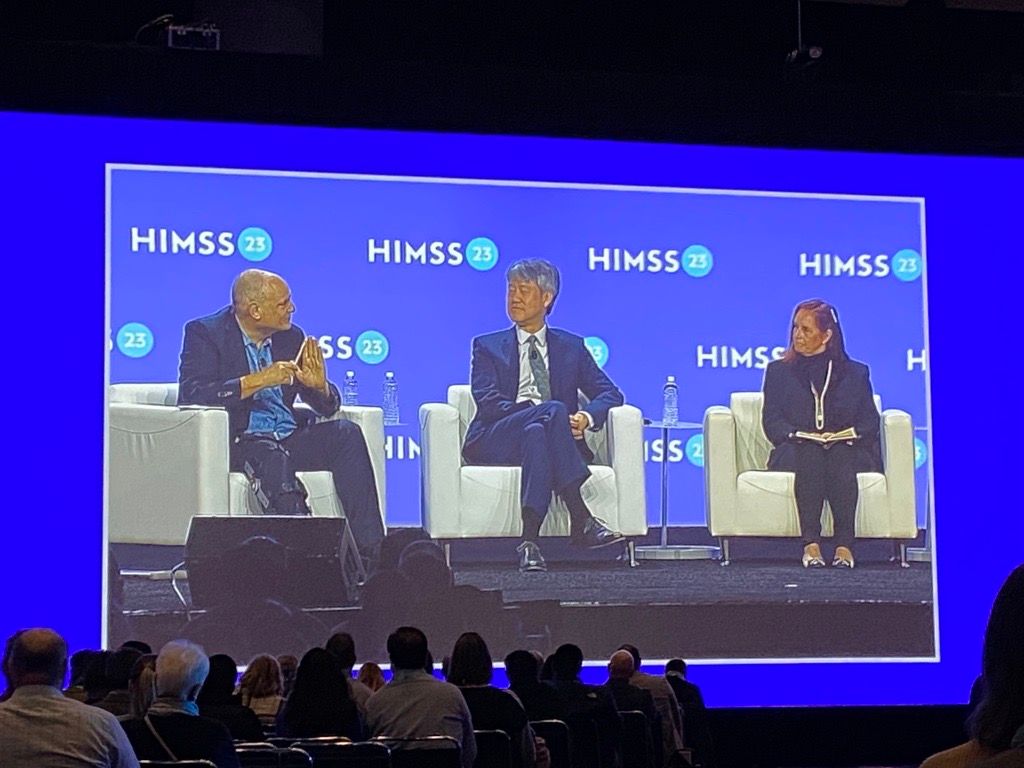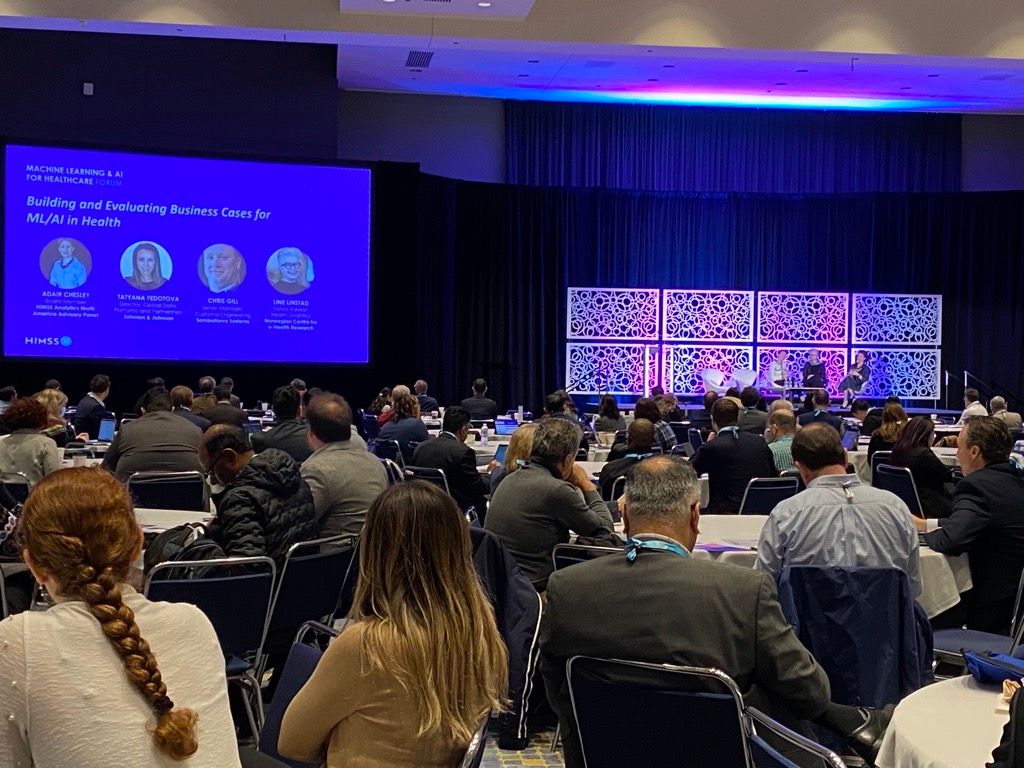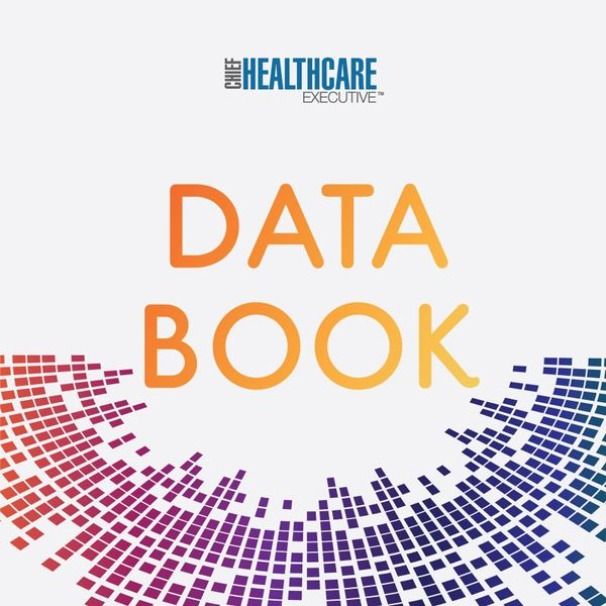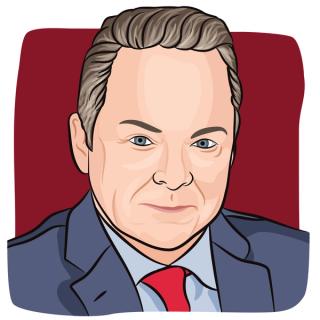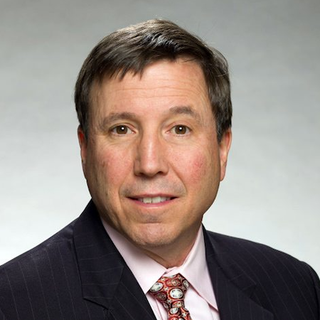
AI & Data Analytics
Latest News
Latest Videos

More News
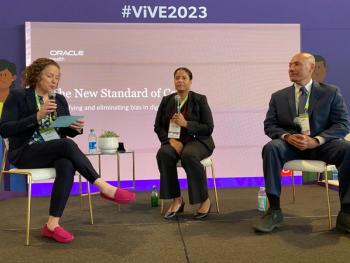
Leaders from Nuvance Health talk about the ways technology can close disparities, provided racism doesn’t pervade new tools in healthcare.

Two executives from the tech giant talk about how the threat landscape for hospitals has changed in the COVID-19 pandemic. They also touted Microsoft’s new AI-powered security product.
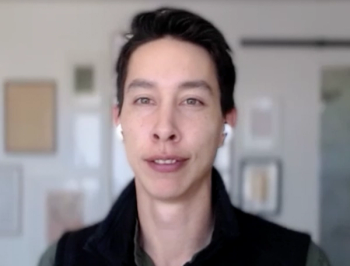
Justin teaches about digital health at Stanford Medicine and is a partner at GSR Ventures. He talks about the potential of ChatGPT, the ethical questions, and how AI will transform the industry.

The popularity of ChatGPT has triggered a surge of interest in artificial intelligence. But AI's promise also comes with some potential problems.
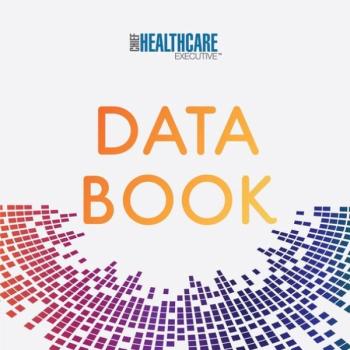
In the latest episode, Ajay Khanna explains how healthcare organizations can use artificial intelligence to gain new insights into their business.

A solid majority said they would feel uncomfortable if doctors were relying on artificial intelligence for a diagnosis. Some see the potential for greater health equity.

We need a level of care between preventative medicine and catastrophic case management: preemptive care.
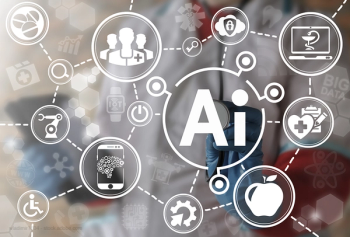
Many older hospital patients develop delirium. Johns Hopkins researchers used artificial intelligence models to identify patients that were likely to develop delirium.

With the deal, the combined company says it’s providing software solutions, from patient flow to automation, to more than 180 health systems.
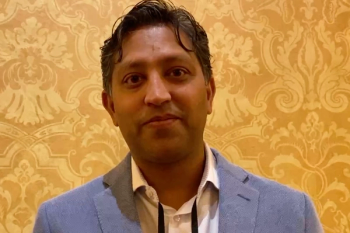
Ashish Shah, CEO and founder of Dina, talked with Chief Healthcare Executive about his young company and the need to improve the coordination of care.
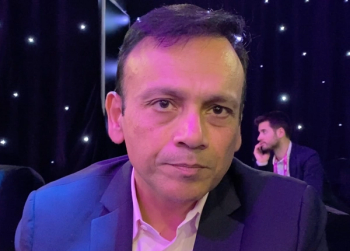
The company touts the value of its software in helping hospitals serve more patients and unlock their capacity. Sanjeev Agrawal, LeanTaaS president, spoke with Chief Healthcare Executive about the firm’s growth.

Continuing our week-long look at our most well-read stories, our rundown of the most popular technology features is dominated by cybersecurity.
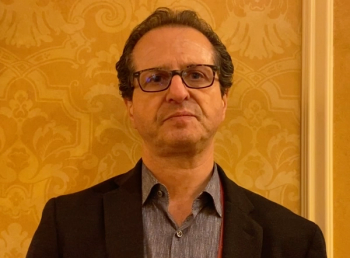
In an interview with Chief Healthcare Executive, he discussed one of healthcare’s biggest deals, helping doctors, and solving problems for hospitals.
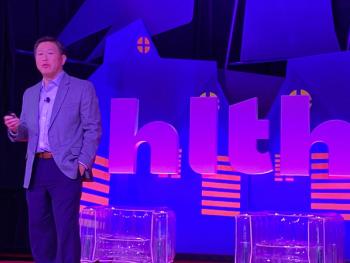
The head of the Pennsylvania healthcare system cites the ability to invest in programs to help patients live healthier lives. And he says those efforts are paying off.

Even with difficult economic headwinds, HCA is moving forward with its agenda to transform care, and partnerships are a key ingredient, he says.
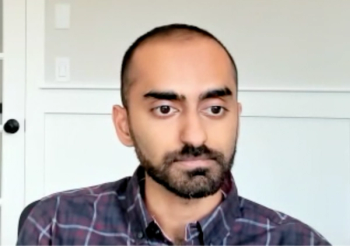
The chief medical officer of Notable spoke with us about the company, and why hospitals and healthcare companies are going to have to move some tasks away from people.

There are ways to address burnout, while improving productivity and enabling greater focus on the patient – and they all center around technology used in the practice.

Implementing digital health solutions can help hospitals attract and retain more patients amid increasing competition from industry disruptors.

With AI projected to have a key role in healthcare in the future, hospital and health system leaders could confront questions of liability they haven’t encountered.

Most doctors say they see the value in telehealth and remote patient monitoring, but they just beginning to incorporate augmented intelligence, an American Medical Association survey finds.

Mayo Clinic researchers say artificial intelligence can help patients have better outcomes and could potentially lower costs for health systems.
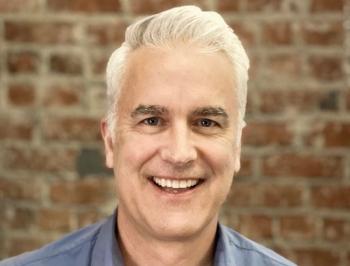
The company employs chatbots with natural language to connect with patients on mobile phones. CEO Greg Johnsen touts the ease of the technology for consumers.
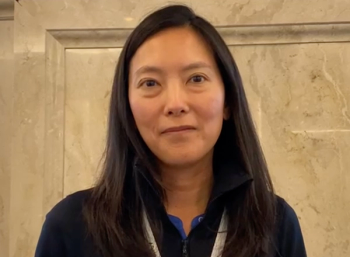
Physicians use the software the way consumers use voice assistants in their homes. The California-based startup is banking on its AI-powered software to appeal to doctors and health systems battling burnout.

It can happen if leaders are committed to championing shared goals and avoid being sidetracked by departmental or technical silos.

AI is the solution for assisting hospitals with managing operating room backlogs and overall efficiencies. Some use predictive analytics to optimize scheduling to slash patient wait times.

